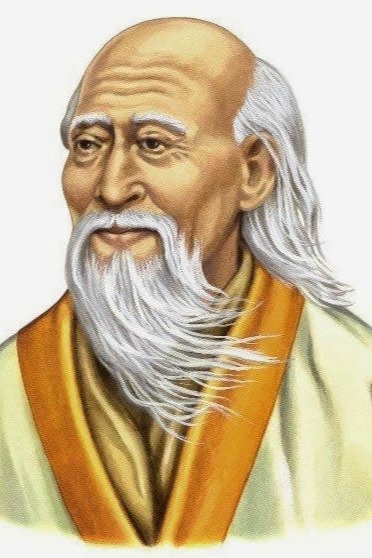Laozi
Biography
Laozi (also spelled Lao-Tzu or Lao-Tze) is an ancient Chinese philosopher and writer traditionally regarded as the founder of Daoism (Taoism), one of China’s major philosophical and spiritual traditions. Believed to have lived around the 6th century BCE, though some scholars place him later, Laozi’s life is surrounded by legend and mystery. His name means “Old Master,” and his teachings have had a profound influence on Chinese culture, philosophy, and spirituality for over two millennia.
According to tradition, Laozi worked as a keeper of records in the imperial archives of the Zhou dynasty. Disillusioned by the moral decay of society, he decided to leave China and live in solitude. At the western gate of the kingdom, a guard recognized him and asked him to write down his wisdom before departing. Laozi then composed the Dao De Jing (Tao Te Ching), a short but powerful text of about 5,000 characters that became the foundational scripture of Daoism.
The Dao De Jing teaches the philosophy of the Dao (the Way)—the natural, eternal principle that underlies and unites all things. Laozi emphasized living in harmony with the Dao through simplicity, humility, and non-action (wu wei), meaning effortless action or aligning oneself with the natural flow of life. He believed that true strength comes from gentleness and that wisdom arises from stillness and self-awareness rather than ambition or force.
Laozi’s teachings stand in contrast to the rigid social and moral structures promoted by Confucianism, offering instead a path of inner freedom, spontaneity, and balance with nature.
Though little is known about his actual life, Laozi’s ideas have endured for centuries, shaping Chinese art, medicine, politics, and spirituality. His vision of harmony between humanity and the cosmos continues to inspire people around the world seeking peace, simplicity, and wisdom in a complex world.
